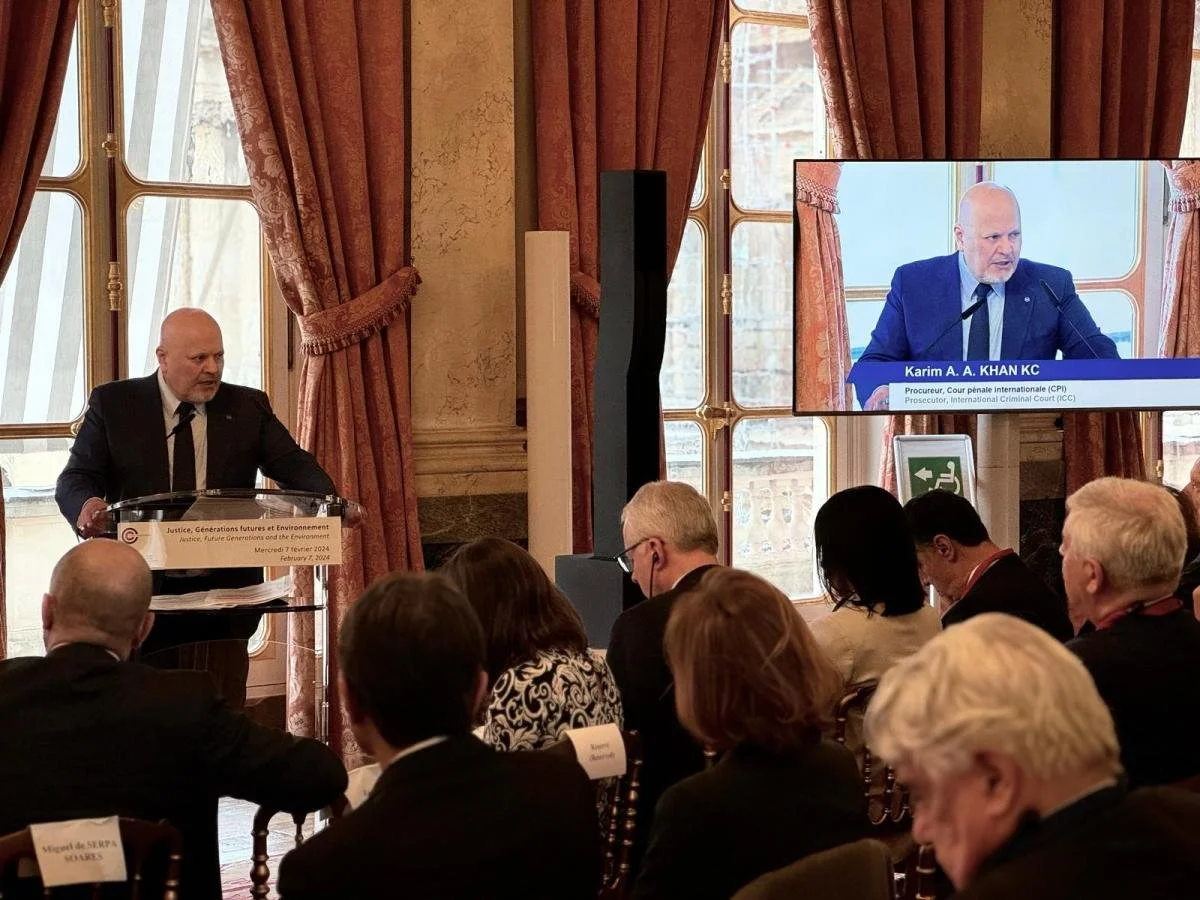Conservation-Litigation.org Network submission to the International Criminal Court
Conservation-Litigation.org has made a submission of recommendations in response to a new policy initiative by the International Criminal Court (ICC) Office of the Prosecutor.
The International Criminal Court at The Hague investigates and prosecutes individuals charged with the international crimes of genocide, war crimes, crimes against humanity and the crime of aggression.
Although most commonly associated with the direct impacts on humans associated with violence, these offences also cause profound impacts on the environment, harming nature and human wellbeing.
In response, the ICC Office of the Prosecutor has launched a new policy initiative to advance accountability for environmental crimes under the Rome Statute, “aiming to ensure that it takes a systematic approach to dealing with crimes within the Court’s jurisdiction committed by means of, or that result in, environmental damage.”
Maribel Rodriguez, Co-Executive Director of the Conservation-Litigation.org Network explained, “This is an exciting and important advance. It reflects something we are seeing around the world: A growing demand that our legal processes not only punish environmental crimes, but also identify ways to secure remedies.”
“Indeed, this policy initiative is even more important amidst debates about whether ecocide – the destruction of the environment by humans – should become the 5th crime against humanity recognised under ICC Jurisdiction,” continued Rodriguez. “We can imprison and fine those who cause severe harms to nature, but we must also hold them responsible for actions like clean-up, rehabilitation, species conservation.”
As the ICC begins to develop its Policy paper on accountability for environmental crimes under the Rome Statute, Conservation-Litigation.org has made a submission to the Office of the Prosecutor’s Open Public Consultation.
Our recommendations focus on the need for a broad, science-based approach to defining environmental harms that recognises cascading impacts on ecosystems and species survival, the diverse, often intangible values humans hold for nature associated with culture, science, and sense of place. We argue that a thorough view of environmental harms necessarily means that remedies to these harms must also be comprehensive.
Launching the ICC initiative, Prosecutor Mr Karim Asad Ahmad Khan KC stated, “Damage to the environment poses an existential threat to all life on the planet. For that reason, I am firmly committed to ensuring that my Office systematically addresses environmental crimes in all stages of its work, from preliminary examinations to prosecutions.”

